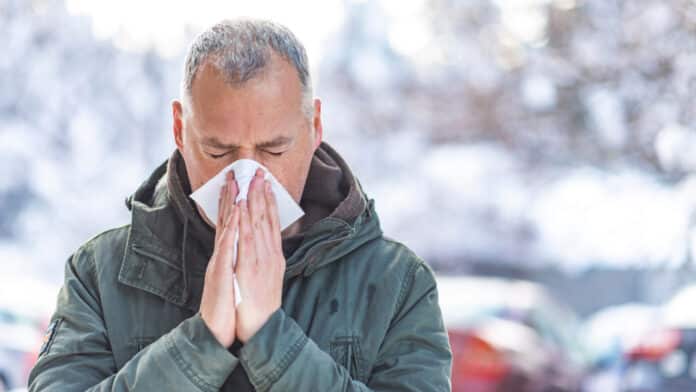
Grass can be an issue if you have allergies because it can make your eye itchy or your nose run. That said, there are ways to manage your grass allergy to reduce your reactions. This article teaches you about the best treatment options and preventive methods.
What Is a Grass Allergy?
An allergy happens when you come in contact with or breathe in a substance you are hypersensitive to. If you suspect a grass allergy but have not gotten a diagnosis yet, your doctor might have to perform a skin test to determine the existence of your allergies and their causes.
Symptoms of a Grass Allergy?
Grass pollen allergy symptoms can develop quickly or briefly after contact with the allergen.
Common symptoms include:
● Stuffy or runny nose
● Itchy mouth, throat, eyes, or skin.
● Fatigue
● Coughing
● Teary eyes
● Puffy eyes
If you are experiencing mild difficulty breathing, contact your physician. But, if you are having serious trouble breathing, seek medical attention immediately.
Common Grass Allergies
You can be allergic to one type of grass or multiple. The most common grasses which lead to allergies include:
● Johnson grass
● Bermuda grass
● Kentucky bluegrass
● Sweet vernal grass
● Timothy grass
● Orchard grass
● Ryegrass
Treating a Grass Allergy
The most effective way to treat your grass allergy is to avoid the allergen completely. However, this is easier said than done. These are four ways you can limit your reactions to grass if you can’t avoid it:
Reduce exposure
When you can, avoid being around the specific grass that irritates you. Try wearing protective clothing to shield your eyes and skin from the grass. Additionally, do not put your clothes out to dry, as pollen can stick to them.
Keep the outdoors shut.
If you have been outside, you must change your clothes immediately after you get indoors. You should also try taking a shower after exposure to allergic grass. If your grass is being mowed, keep your windows shut, as this ensures the grass pollen outside.
Watch the pollen count.
If the grass pollen count is high, avoid going outside as much as possible. If you need to go outside, you can wear a face mask for pollen.
Conclusion
The majority of your grass allergy symptoms can be managed by avoiding contact with your allergen. If you come in contact with the allergic grass and start experiencing shortness of breath and chest tightness, you must seek immediate medical attention.



















